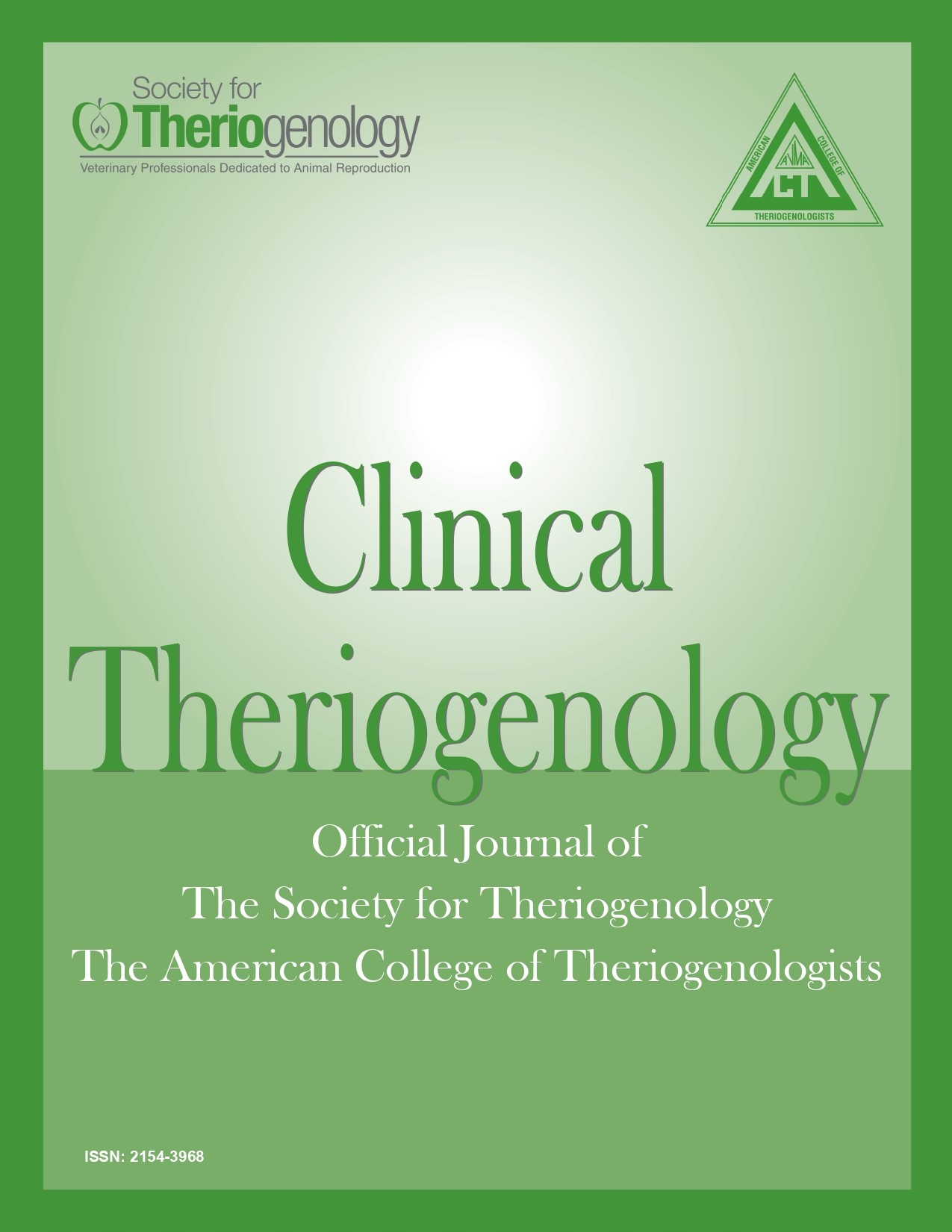Impacts Of Nutrition On Reproduction Of Dairy Cattle
Abstract
Nutrition has many important impacts on the reproductive performance of cattle. Inadequate caloric intake in adult cattle has a detrimental impact on reproductive activity of the female bovine. Cows under negative energy balance have extended periods of anovulation. Postpartum anestrus, as well as infertility, is magnified by losses of body condition during the early postpartum period. Resumption of ovulatory cycles is associated with energy balance, and the underlying mechanisms seem to be associated with metabolic signals and regulatory hormones primarily insulin and insulin-like growth factor (IGF) I, which link nutritional status with gonadotropin secretion, re-coupling of the growth hormone-IGF system, and follicle maturation and ovulation. Feeding diets that promote increases in plasma glucose and insulin may improve the metabolic and endocrine status of cows in early lactation. Nevertheless, feeding excess of starch to promote increases in insulin and glucose might suppress intake of early lactating dairy cows, thereby precluding benefits to cyclicity. Feeding behavior of dairy cows during the transition period, particularly a decline in feed intake before calving, is associated with risk of postpartum uterine disease. Because metritis and more chronic forms of uterine diseases have profound negative effects on pregnancy in dairy cows, providing adequate bunk space and an environment to maximize feed intake might potentially improve fertility of dairy cows. Specific nutrients and dietary ingredients have been implicated in reproduction in cattle. Excess of dietary protein has been suggested as detrimental to fertility, although the evidence is weak. Addition of moderate amounts of supplemental fat to the diet improves caloric intake, modulates prostaglandinF2 (PGF) secretion by the uterus, affects ovarian dynamics, enhances luteal function and embryo quality, and has moderate positive effects on fertility. More specifically, some fatty acids (FA) might impact fertilization rate and embryo quality in dairy cows. On the contrary, some dietary ingredients, such as gossypol, when ingested in large quantities decrease fertility of dairy cows because of negative effects on embryo quality and pregnancy maintenance.
Downloads
Authors retain copyright of their work, with first publication rights granted to Clinical Theriogenology. Read more about copyright and licensing here.







